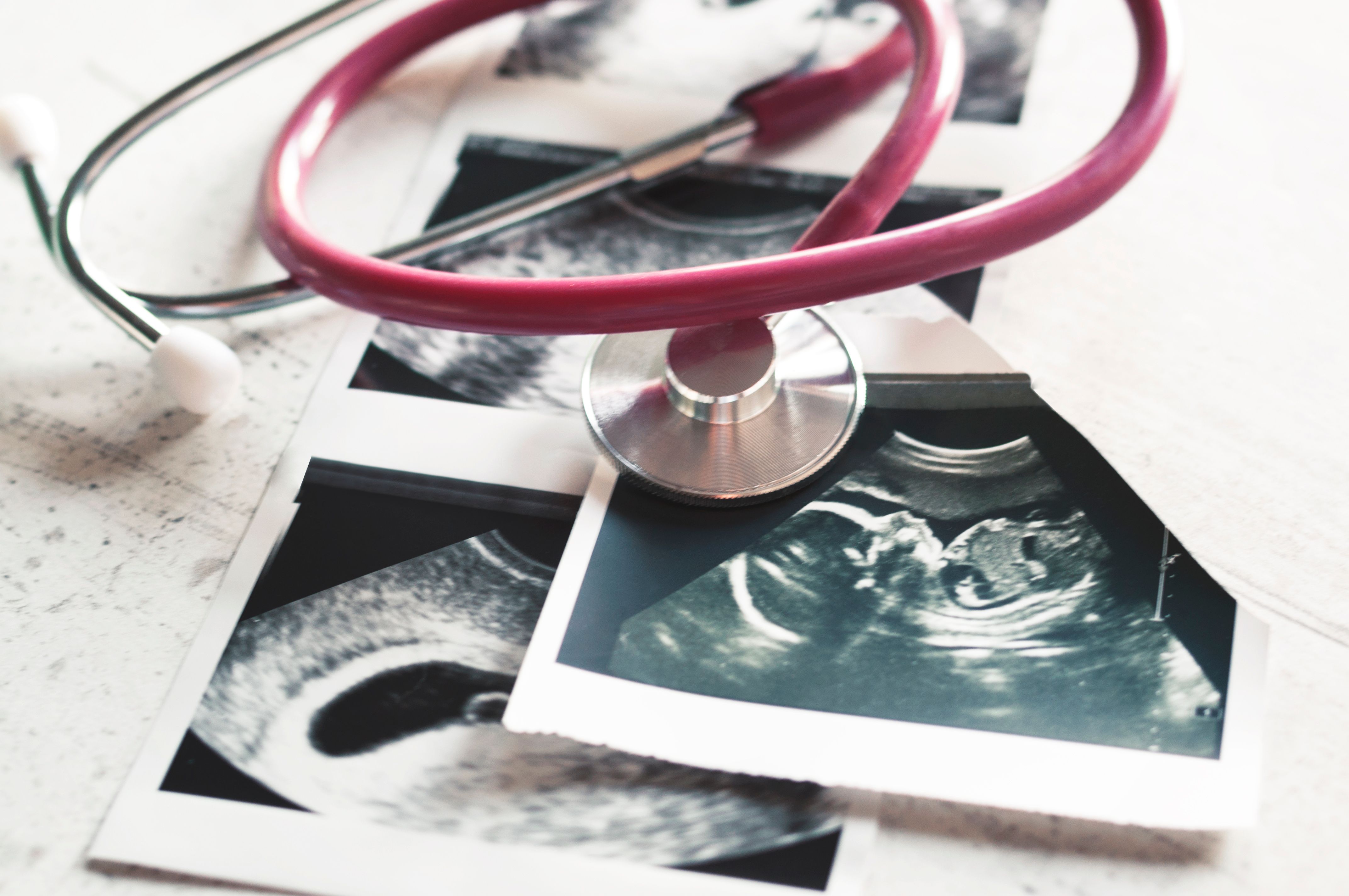Blog
Syphilis screening during pregnancy has ‘substantial’ net benefit

USPSTF: Syphilis screening during pregnancy has ‘substantial’ net benefit | Image credit: © Natalya Lys – © Natalya Lys – stock.adobe.com.

The US Preventive Services Task Force (USPSTF) has strongly reaffirmed a 2018 recommendation for early and universal screening for syphilis infection during pregnancy for adolescents and adults, stating there is a “substantial net benefit” to screening that can lead to timely, evidence-based evaluation and treatment. The recommendation was concluded with “high certainty” and is listed as an “A” recommendation. The Task Force recommends that if an individual is not screened early in pregnancy, screening should occur at the first available opportunity.1
Per the recommendation, published May 13, 2025, in JAMA, untreated syphilis during pregnancy can be passed along to the fetus, resulting in congenital syphilis, which can be associated with low birth weight, premature birth, stillbirth, neonatal death, and significant abnormalities in the infant. These abnormalities can include deformed bones, anemia, enlarged liver and spleen, jaundice, brain and nerve problems, according to the recommendation authors.
In light of the 3882 cases of congenital syphilis reported in the United States for 2023, which included 279 congenital syphilis-related stillbirths and neonatal and infant deaths, the USPSTF ordered a reaffirmation evidence update to assess the benefits and harms of screening during pregnancy. The nearly 4000 cases in 2023 were the highest number reported in over 30 years, the Task Force stated.
“Rates of new syphilis cases have continued to rise over the past 3 decades, especially in women,” wrote the recommendation authors. “Although men account for the majority of syphilis cases, the change in incidence among women was 2 to 4 times higher than that among men between 2017 and 2021.”
It is estimated that nearly 90% of new congenital syphilis cases could have been prevented with timely testing and treatment, according to a 2023 edition of the CDC’s Morbidity and Mortality Weekly Report.2
The aim of a reaffirmation evidence update was to identify “new and substantial evidence sufficient enough to justify a change in the grade of the recommendation.”1
According to the JAMA publication, no new evidence was found that was inconsistent with the previously established benefits of screening for syphilis during pregnancy, and no new studies were identified that evaluated screening effectiveness to decrease congenital syphilis rates or improve maternal health outcomes.
Evidence from past reviews demonstrated fewer adverse pregnancy outcomes in pregnant women who were screened and treated for syphilis infection compared to those who were not.
“Treatment appears to be more beneficial when provided earlier rather than later in pregnancy,” wrote the authors. “A 2014 systematic review of 54 observational studies found that the incidence of congenital syphilis, preterm birth, low birth weight, stillbirth, and neonatal death was dramatically reduced in pregnant women treated for syphilis during pregnancy compared with those who had untreated syphilis. The reduction in stillbirth and fetal loss was much smaller when treatment did not occur until the third trimester.”
The current reaffirmation review identified 5 studies that included 51,118 participants and evaluated the harms of screening, as well as 2 studies that evaluated harms of treatment (130 participants). In a small study of 39 participants, findings revealed that 5.1% of patients who received penicillin therapy experienced Jarisch-Herxheimer reactions.
Another study among 91 people evaluated an algorithm to help guide penicillin desensitization among pregnant patients with syphilis who had a clinical history of immediate hypersensitivity reaction to penicillin. Of those considered high risk for an immediate hypersensitivity reaction, 27.3% experienced the reaction after oral desensitization, while 2.5% experienced it after intravenous desensitization. Additionally, 2.5% of patients considered at low risk for an immediate hypersensitivity reaction experienced it after penicillin provocation.
“Overall, the USPSTF found this evidence consistent with the previously known harms of syphilis screening and treatment during pregnancy,” the authors stated.
In an updated evidence review, the USPSTF strongly recommends early, universal screening for syphilis infection during pregnancy, which aligns with the previous 2018 recommendation.
“The USPSTF found no new substantial evidence that could change its recommendation and, therefore, reaffirms its recommendation to screen for syphilis infection during pregnancy,” the authors concluded.
References:
1. US Preventive Services Task Force. Screening for Syphilis Infection During Pregnancy: US Preventive Services Task Force Reaffirmation Recommendation Statement. JAMA. Published online May 13, 2025. doi:10.1001/jama.2025.5009
2. McDonald R, O’Callaghan K, Torrone E, et al. Vital Signs: missed opportunities for preventing congenital syphilis—United States, 2022. MMWR Morb Mortal Wkly Rep. 2023;72(46):1269-1274. doi:10.15585/mmwr.mm7246e1












